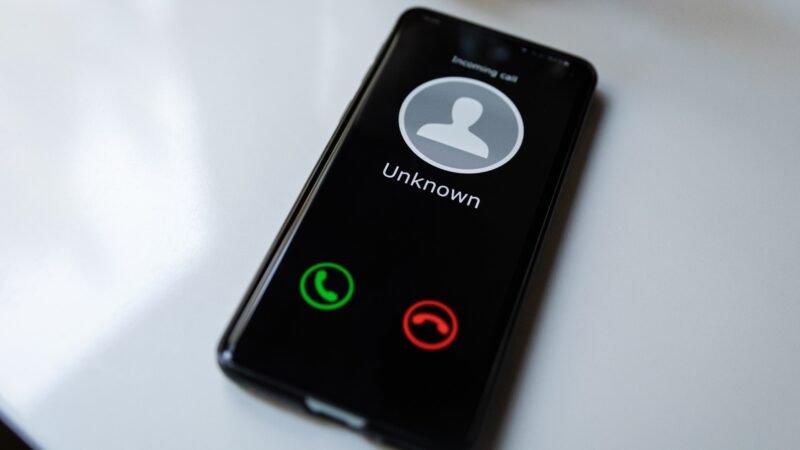Warning: 0120005441, 8008087000, 0120985480, 5031551046, 8009190347, 120999443, 222117258, 120252000, 0120-925-527, 120925318, 120998151, 570005040, 0120988315, 0120991013, 0120988315, 0120989393, 0120633439, 08005003225, 332659022, 120170001, 5088812828, 669104115, 5031599953, 120996085, 120979555, 8002229417, 922615616, 364358073, 8001009127, 5030336342, 120526888, 120917245, 364358073, 0120-252-000, 120868014, 120013175, 671669891, 120397663, 0570 005 040, 0120 247 218, 8007775926, 120426288, 050 3155 1046, 5053704031, 5031213937, 120954484, 0120 999 443, 120952650, 06 6910 4115 and 120961600 in in Japan.
Introduction
With the increasing reliance on technology and communication devices, scam calls have become a significant concern worldwide, including Japan. These malicious calls aim to deceive and defraud unsuspecting individuals, causing financial and emotional distress. In this article, we will explore the prevalent phone scams in Japan, understand how scammers operate, and discuss measures to protect oneself from falling victim to these deceptive practices.
Understanding the Scam Calls
Scam calls involve fraudulent individuals or groups who manipulate phone communication to trick recipients into divulging sensitive information, sending money, or providing access to their financial accounts. The callers often pose as representatives of reputable organizations, government agencies, or financial institutions to gain trust and credibility.
The Prevalence of Scam Calls in Japan
Scam calls are on the rise in Japan, affecting thousands of people every year. According to recent reports, the number of scam calls has increased significantly, leading to substantial financial losses and compromising personal data.
Common Scams Targeting Japanese Residents
- Fake Lottery Winnings
One prevalent scam in Japan involves callers informing recipients of winning a lottery or prize draw they never participated in. The scammers create a sense of urgency, demanding immediate payment to claim the supposed winnings.
- Impersonation Scams
Impersonation scams are designed to deceive individuals into believing they are communicating with a trusted authority figure. The scammers may impersonate government officials, police officers, or bank representatives to manipulate victims into providing sensitive information.
- Financial Scams
Financial scams aim to obtain financial details or force victims into making fraudulent transactions. These scams often include fake investment opportunities, requests for bank account information, or promises of lucrative returns.
- Kidnapping Scams
Kidnapping scams prey on the fear and concern for loved ones’ safety. Scammers will call and claim that they have kidnapped a family member, demanding ransom money for their release, even if the family member is safe.
- Technical Support Scams
Technical support scams target less tech-savvy individuals, with scammers posing as tech support personnel. They convince victims that their devices are compromised and offer assistance for a fee, gaining access to personal data.
How Scammers Exploit Technology
Scammers use advanced technology and tactics to carry out their fraudulent activities. They often employ VoIP services to hide their true identities, making it challenging for law enforcement to trace their origins.
Impact on Victims
Scam calls can have severe consequences on victims, both financially and emotionally. Falling victim to a scam can lead to significant monetary losses, identity theft, and a loss of trust in phone communication.
Measures to Protect Yourself
- Verify Caller ID
Always verify the caller’s identity before sharing any information or making transactions. Legitimate organizations will provide their contact details for verification.
- Avoid Sharing Sensitive Information
Never share personal or financial information over the phone, especially if the call seems suspicious or unexpected.
- Register on “Do Not Call” List
Register your phone number on the “Do Not Call” list to reduce unsolicited calls from telemarketers and potential scammers.
- Block Suspicious Numbers
Block unfamiliar or suspicious numbers to prevent repeated scam calls from reaching you.
- Report Scam Calls
Report any scam calls you receive to the local authorities or the Japan Consumer Affairs Agency.
- Educate Yourself and Others
Stay informed about the latest scam call trends and educate family and friends about potential threats and preventive measures.
Government Initiatives to Combat Scam Calls
The Japanese government has recognized the severity of the scam call issue and is taking measures to combat it. Various agencies are working together to implement stricter regulations and raise awareness about scam calls.
Conclusion
As technology advances, so do the methods of scammers. It is crucial to stay vigilant and informed about the tactics they use. By following preventive measures and reporting suspicious activities, we can work together to minimize the impact of scam calls in Japan.
FAQs
- How do I report scam calls to the authorities?
If you receive a scam call, you can report it to the local authorities or contact the Japan Consumer Affairs Agency through their official channels.
- Are there any penalties for making scam calls in Japan?
Yes, individuals found guilty of making scam calls can face legal penalties, including fines and imprisonment.
- Can scammers use my personal information against me?
Yes, scammers can use your personal information to commit identity theft, access your financial accounts, or engage in other fraudulent activities.
- What should I do if I have already fallen victim to a scam call?
If you have fallen victim to a scam call, immediately contact your bank to secure your financial accounts and report the incident to the authorities.
- How can I stay updated on the latest scam call trends?
You can stay updated on the latest scam call trends by following updates from official government sources, law enforcement agencies, and consumer protection organizations.
